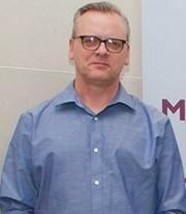
Stuart Rennie
Stuart Rennie is an Associate Professor in Social Medicine at the University of North Carolina (UNC) at Chapel Hill (USA), Core Faculty at the UNC Bioethics Center and Extraordinary Professor in Medicine at Stellenbosch University. He obtained his Masters in Anthropology and PhD in philosophy from Leuven University (Belgium). A member of the HIV Prevention Trials Network (HPTN) Ethics Working Group, he is currently an investigator in projects on the ethics of HIV research with pregnant adolescents, decision-making in HIV cure trials, and the use of HIV DNA for public health surveillance. Professor Rennie’s teaching and research interests focus on research ethics, public health ethics and medical ethics in developing countries, primarily in sub-Saharan Africa. Professor Rennie serves as co-Principal Investigator for the REDSSA project.
 Keymanthri Moodley
Keymanthri Moodley
Keymanthri Moodley is a Distinguished Professor in the Department of Medicine and Director of theDivision of Medical Ethics and Law (CMEL), Faculty of Health Sciences, Stellenbosch University. Keymanthri is a specialist family physician, bioethicist and has served as a Principal Investigator on numerous clinical trials. In 2017, she was appointed as Adjunct Professor in the Department of Social Medicine, University of North Carolina-Chapel Hill (UNC), USA. Additionally, Professor Moodley is a member of the Academy of Science in South Africa (ASSAf) and completed an Executive MBA in 2015. She is an NRF rated researcher and has served on the SAMRC Board, the NHREC and in international organisations: WHO, International AIDS Society (IAS), NIH DSMBs and the WHO SAGE Ebola Working Group. The CMEL was re-designated as a Collaborating Centre in Bioethics in 2019 by the WHO. Professor Moodley serves as Principal Investigator for the REDSSA project.
Walter Jaoko
Walter Jaoko is a Professor of Medical Microbiology and Tropical Medicine, the Director of KAVI-Institute of Clinical Research at University of Nairobi, and Fellow of the Africa Academy of Sciences. He has over 30 years’ experience in teaching, research and post-graduate student supervision in infectious diseases transmission, pathology, treatment, prevention and control, and has published over 200 articles in peer-reviewed scientific journals. He is also a bioethicist as an alumnus of the Fogarty funded ARESA training programme at Stellenbosch University where he obtained a Postgraduate Diploma in Health Research Ethics, and a holder of a Master of Global Bioethics degree from Anahuac University.
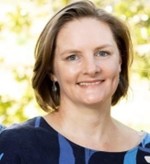 Cheryl Baxter
Cheryl Baxter
Dr Cheryl Baxter, PhD is Head of Scientific Support at the Centre for Epidemic Response and Innovation at Stellenbosch University, Research Associate at the Centre for the AIDS Programme of Research in South Africa (CAPRISA) and Honorary Lecturer in the Department of Public Health at the University of KwaZulu-Natal. Her primary research focus is HIV prevention, specifically strategies to reduce HIV acquisition among young women and issues related to sexual and reproductive health. She has extensive experience in implementing clinical trials evaluating HIV prevention interventions and is currently a co-investigator on the DSI Africa project that uses big data to elucidate the clinical and epidemiological interactions between COVID-19 and HIV.
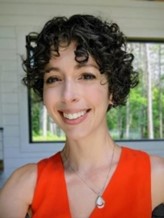 Suzanne Day
Suzanne Day
Dr. Suzanne Day is a Research Assistant Professor in the Department of Medicine – Division of Infectious Diseases, at the University of North Carolina at Chapel Hill. Dr. Day is a sociologist with a special interest in community-engagement and participatory approaches to health research. She earned her PhD in 2015 at York University, and in 2021 she completed a postdoctoral fellowship at UNC Chapel Hill, where her work focused on social science research to advance stakeholder- driven approaches to social and ethical issues in research on HIV and other infectious diseases. Her ongoing work in the Division of Infectious Diseases includes crowdsourcing stakeholder input on HIV research and other infectious diseases, identifying challenges with and solutions to adolescent inclusion in HIV research, and exploring barriers and facilitators to participation in vaccine trials.
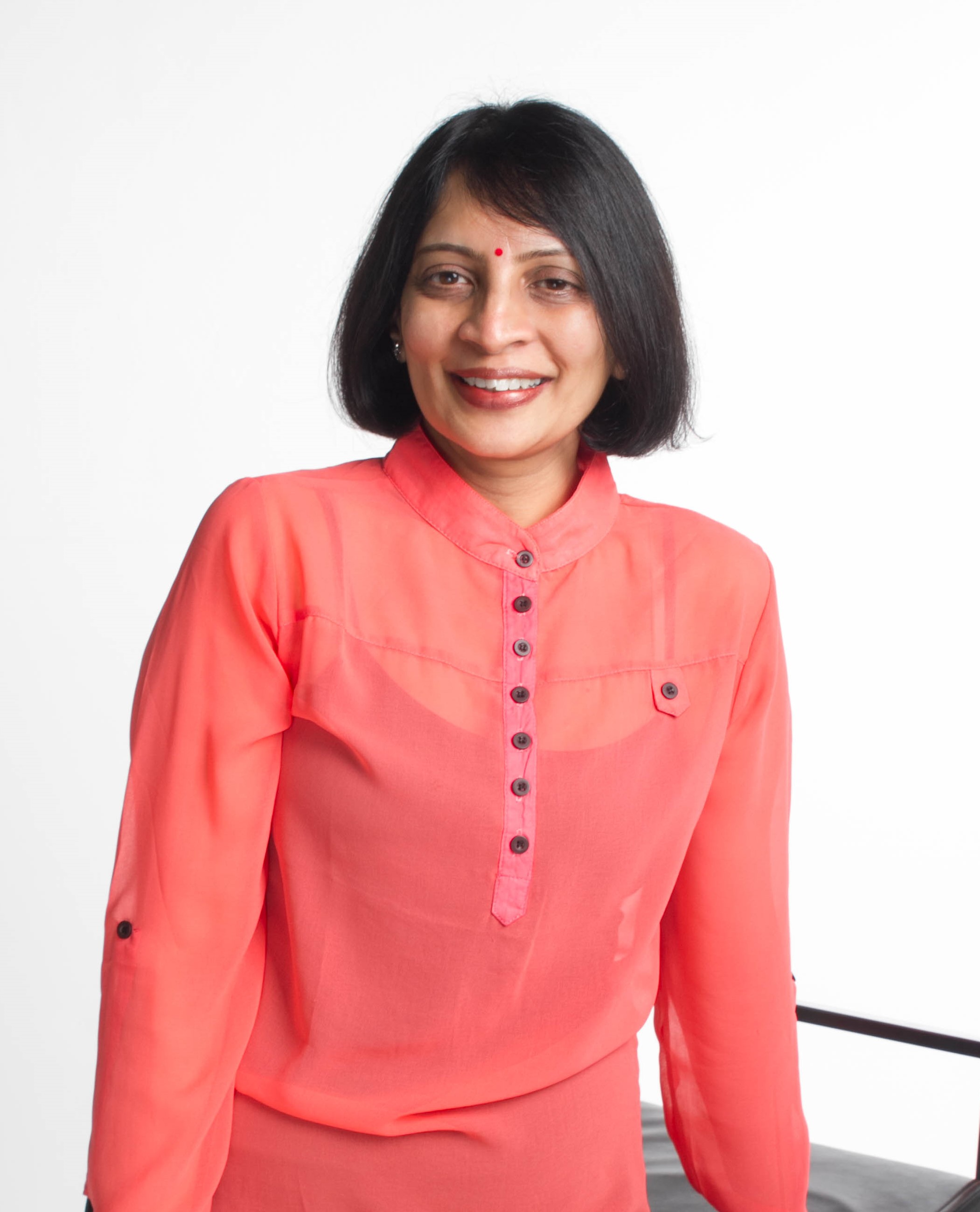
Neetha Shagan Morar
Neetha
is a Senior Research Manager at the HIV and other Infectious Diseases Research Unit (HIDRU) of the South African Medical Research Council. She is a trained social worker with a master's in medical science. Her goal is to make a significant footprint towards the environment and wellbeing of the community through partnerships and collaborations. Her growth and development are attributed to her learning from the volunteers and community members through social science research and external stakeholder engagement within HIV prevention clinical trials. Currently Neetha is working towards amplifying the voice of the users of biomedical interventions to advocate equal access to effective prevention interventions. She was a member of the SAMRC Ethics Committee from 2013 to 2018. Currently she is a member of the Clinical Research Initiative for Global Health (CRIGH).
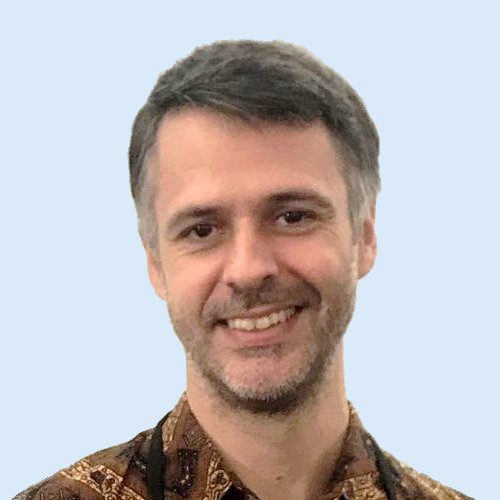
Karl Caals
Currently a Research Fellow at the NUS Centre for Biomedical Ethics (CBmE), Karel obtained a PhD in Health Geography, after qualitative field research on the training of healthcare professionals in Timor-Leste to establish the concept of the More-than-National Health System. As part of his interest in health systems, he researches the digitalisation of health, working on topics such as the ethics of artificial intelligence in healthcare and digital health surveillance. Additional interests include various topics in the field of research ethics and stakeholder engagement via social media. As Assistant Editor, he manages and promotes the Asian Bioethics Review, an academic journal established and hosted by CBmE, and published by Springer Nature.
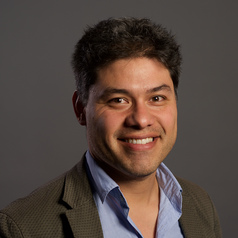
Wim Delva
A medical doctor and epidemiologist, Professor Wim Delva has a joint research appointment at the International Centre for Reproductive Health Belgium (ICRH) and the South African Centre for Epidemiological Modelling and Analysis (SACEMA) at Stellenbosch University in South Africa. He is interested in the application of the statistical, epidemiological and mathematical modelling techniques to describe and analyse the behavioural and biological processes underlying generalised HIV epidemics in sub-Saharan Africa. His current research centres around the role of age disparate relationships, concurrency and oscillating migration in the spread of HIV in Southern Africa, and the potential impact of early HIV treatment and concurrency reduction on the prevalence and incidence of HIV.
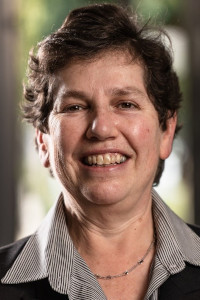 Sharon Kling
Sharon Kling
Sharon Kling is an emeritus associate professor in the Department of Paediatrics and Child Health, Faculty of Medicine and Health Sciences (FMHS), Stellenbosch University. She is a past president of the College of Paediatricians of South Africa and is currently a member of the Executive Committee of the Allergy Society of South Africa (ALLSA). She is a member of both the Clinical Ethics Committee at Tygerberg Hospital and the Undergraduate Research Ethics Committee of the FMHS. She holds an MPhil in Applied Ethics and is currently completing her doctorate, which critically examines the work of clinical ethics committees in South Africa. She serves as a co-investigator to the REDSSA project.
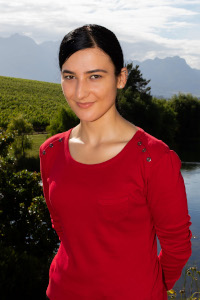
Nezerith Cengiz
Nezerith Cengiz is a bioethics graduate conducting empirical research on the REDSSA project at the Division of Medical Ethics and Law at Stellenbosch University. She completed her undergraduate studies in Public Health from Monash University; and an Honours degree and Master of Science in Bioethics and Health Law at the Steve Biko Centre for Bioethics at the University of Witwatersrand. Her Masters’ thesis focused on carebots and virtue ethics. Nezerith has a background working as a research assistant in vascular surgery research and ophthalmology. Nezerith’s current research focuses on the perspectives of REC members and researchers on data governance in sub-Saharan Africa. Since 2022 she is an ad hoc member of the Tygerberg Clinical Ethics Committee.

